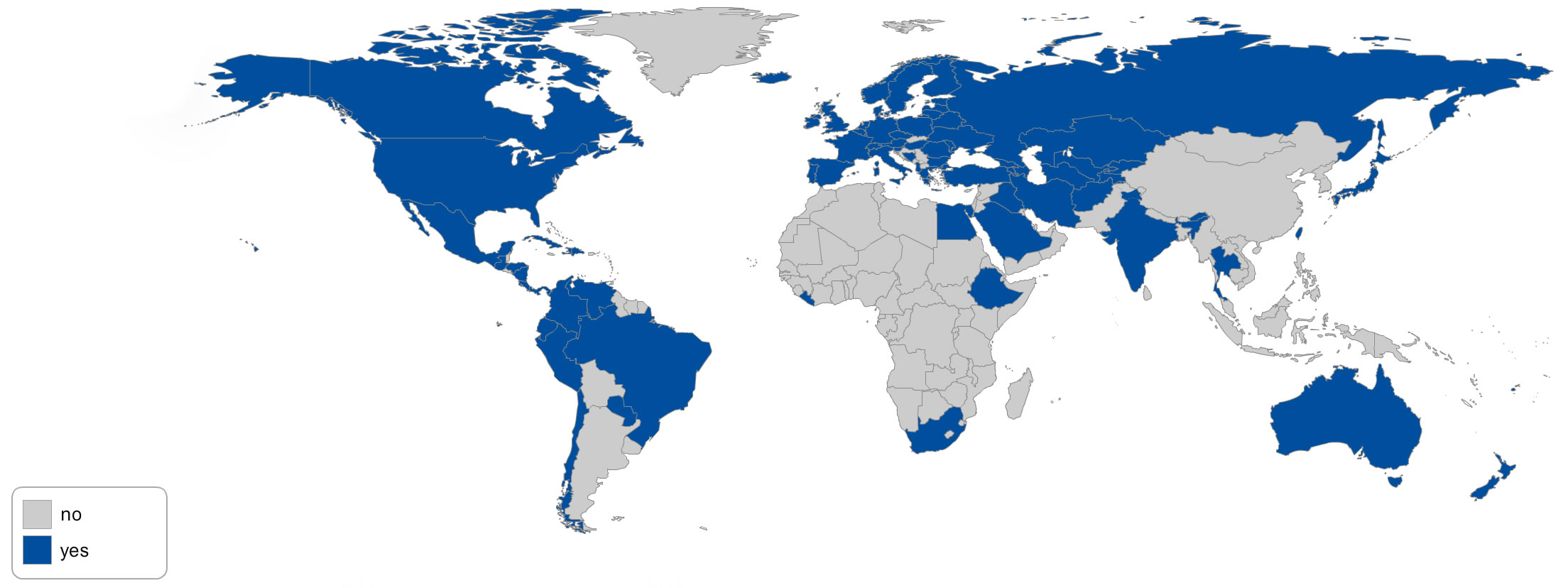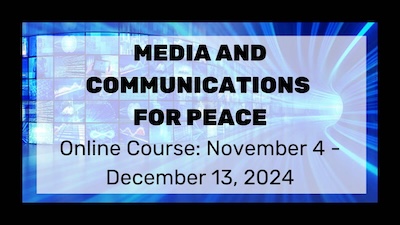
Map shows nations that are parties to the Kellogg-Briand Pact.
By the West Suburban Peace Coalition, August 12, 2021
The West Suburban Peace Coalition (WSPC) has announced the winners of the 2021 Peace Essay Contest. Contestants submitted essays answering the question ‘How can we obey the Kellogg-Briand Pact of 1928, the law that outlawed war?’
Ist Place – Christopher Carroll of Speedway, IN
2nd Place – Ella Gregory of London, England
3rd Place – JanStephen Cavanaugh of Columbia, PA
Mr. Carroll is a junior at Manchester University, North Manchester, IN. He is majoring in Political Science with minors in International Relations and Philosophy. His essay follows.
The Kellogg Briand Pact (KBP) has been historic as the first international law outlawing war in the post-World War I era and beyond. The peace pact outlawed war and annexation of territory in war. The pact was signed into being October 27, 1928 by 62 nations. However, the pact proved ineffective and did not stop war as it was intended to.
This peace pact was ineffective because it did not have any measures or policy to punish those who violated the pact. In order to obey the law against war we must do it smarter and better. Nations need to work together to collectively condemn actions such as forced annexation of territory and acts of war.
But condemnation only works if those who wield the sword abide by it. In other words the nations who condemn others for starting wars or similar actions must not be hypocritical. For example, if the US condemns the Russian annexation of Crimea because it was done so militarily then the US cannot conduct illegal acts of war in Afghanistan, Syria, or Iraq. In order for international law or the Kellogg Briand Pact to be affective, the international community must not accept hypocrisy. There must be accountability for all nations, small and big alike.
A way to achieve transparency and nation state accountability is through the United Nations. The UN is the only international inter-governmental organization (IGO) that has the ability to bring its member states together to form a body or commission on preventing war. The Security Council already works to resolve conflict, but a UN commission specifically delegated to prevent war or to condemn it could add new eight and meaning to the Kellogg-Briand Pact and its hope of preventing war.
At an individual level, professors of peace studies, political science and history should move to add the information and context of the KBP pact to their lesson plans and curriculum for classes. Professors can evaluate and teach their students why the KBP pact failed, which was due to its inability to hold nations or individuals accountable. In turn professors should educate students on how the KBP pact can be successful, and how to obey the law against war. This can be taught through peaceful pragmatism, nonviolent expressions, and conscientious objection.
The KBP pact has been incorporated into various international treaties and the UN charter. The Kellogg-Briand pact has served as a legal basis in the international community since its conception. The pact was used as a legal basis for prosecutors in the Nuremberg and Tokyo war crime trials following the end of WWII.
When shaping the leaders of tomorrow, professors should focus on the KBP pact, and ensuring they can obey the law against war. As such it should be in all courses dealing with 20th century U.S. history as well as international politics and international law.
WSPC sponsors the contest annually as a way to commemorate and to promote awareness of the Kellogg-Briand Peace Pact, an international agreement that outlawed war. Representing their respective countries, U.S. Secretary of State Frank B. Kellogg and French Foreign Minister Aristide Briand signed the pact Aug. 27, 1928. A total of 63 nations joined the pact, making it the most ratified treaty in history at that time. The Pact served as the modal for war crime trials following WWII. It also ended the legality of any territory seized in illegal war.









One Response
Mero idealismo. Kant en su esencia y su proyecto de paz perpetua. Pero la guerra y no la, basta recordar a maquiavelo y hobbes, constituye la esencia de las Relaciones Internacionales